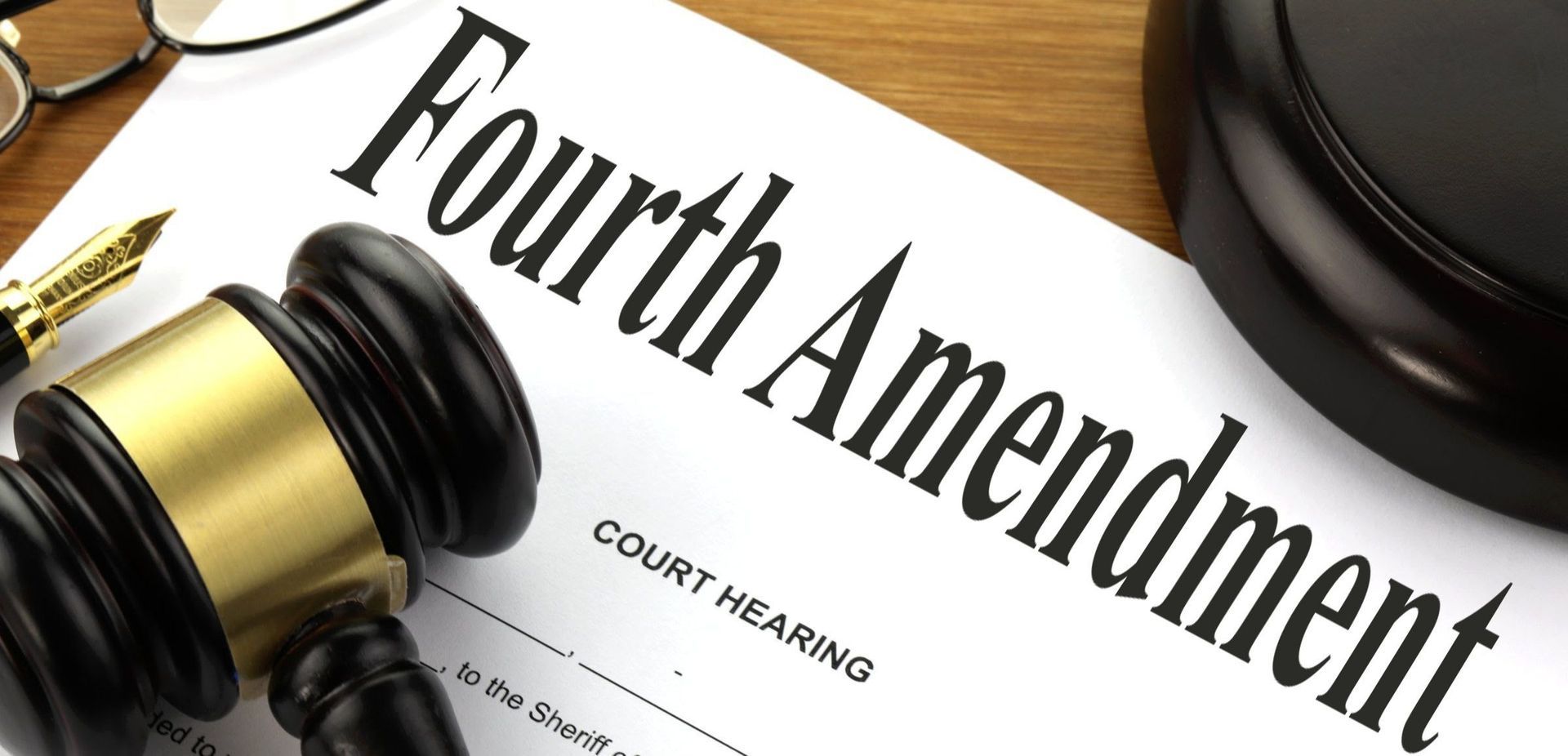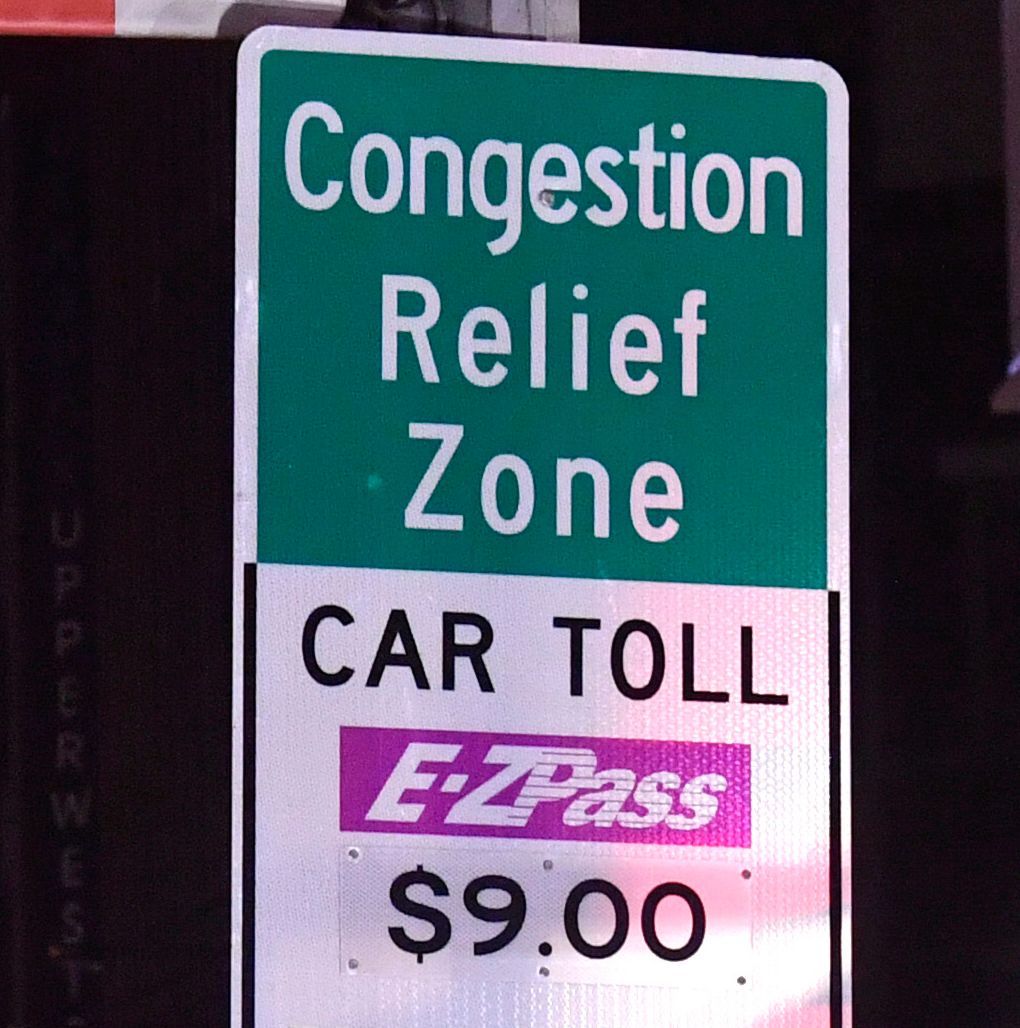When can police search you?
Know your rights: the Constitution prohibits unreasonable searches and seizures

While the Fourth Amendment to the Constitution prohibits unreasonable searches and seizures, the public interest is balanced against that right in the course of enforcing the law. There are three main ways law enforcement can search you, your vehicle, your home, or anything else that is your property within which you have a reasonable expectation of privacy:
- A Search Warrant: This is the backbone of law enforcement searches. In this modern age, there are warrants to search cell phone information on the carrier network, and warrants to search your email; these technological repositories are no different than paperwork in your home office – you have an expectation of, and a right to, privacy. However, if an uninterested judicial officer hears testimony and evidence gleaned from lawful police activities, they may find that the interest in identifying unlawful activity outweighs that privacy right.
- Exigent circumstances: these are situations where there is an imminent risk to life or property or a likelihood that evidence will be destroyed. For example an abduction is the kind of crime that affords extra leeway, because there is an imminent risk. Here again, it often comes down to the weighing of the facts by a judge to determine if the search was in fact necessary under the circumstances, but police are rightfully afforded significant leeway if they’re acting under the belief that a person’s well-being is in immediate danger.
- Consent: the police can search your car or your home if you tell them they can. So when can the police ask to search? The short answer is, they can always ask. And often, it’s because they may have some low level of suspicion or are simply casting a wide net, but it is not enough to justify a warrantless search otherwise. Here’s the important thing: it’s unlikely that they’ll ask to “search” especially in context of a vehicle. They’ll say something like “do you have anything in the car we should know about?” or “You don’t have anything bad in the car, right?” then a quick “Mind if we take a look?”
"Look" doesn’t just mean peer through the windows. If you say that you don’t mind, they can take a look, or anything similar, they can and will conduct a thorough search. They will move and feel underneath objects, and they will open containers including the trunk and glovebox of a car. It may turn out to be an enormous waste of everyone’s time, or it may lead to an arrest – if there is contraband in the car, every occupant can be arrested for it.
You do not have to give consent and you should exercise your right to privacy.
You can very politely say “I do not consent to a search.” You may be thinking, “Won’t that make the police suspicious that I’m trying to hide something?” and that may be the case, but many courts have ruled that refusal by itself is not the foundation for reasonable suspicion. However, should it turn out that you will need legal representation as a result, you’re ultimately better off if the police have to articulate why they decided to search your car after they stopped you for a traffic infraction, or why they decided to look around your home when you reported a disturbance outside.
This isn’t a blueprint for committing crimes, this is just a reminder that you have the right to privacy, and the right to be let alone.



